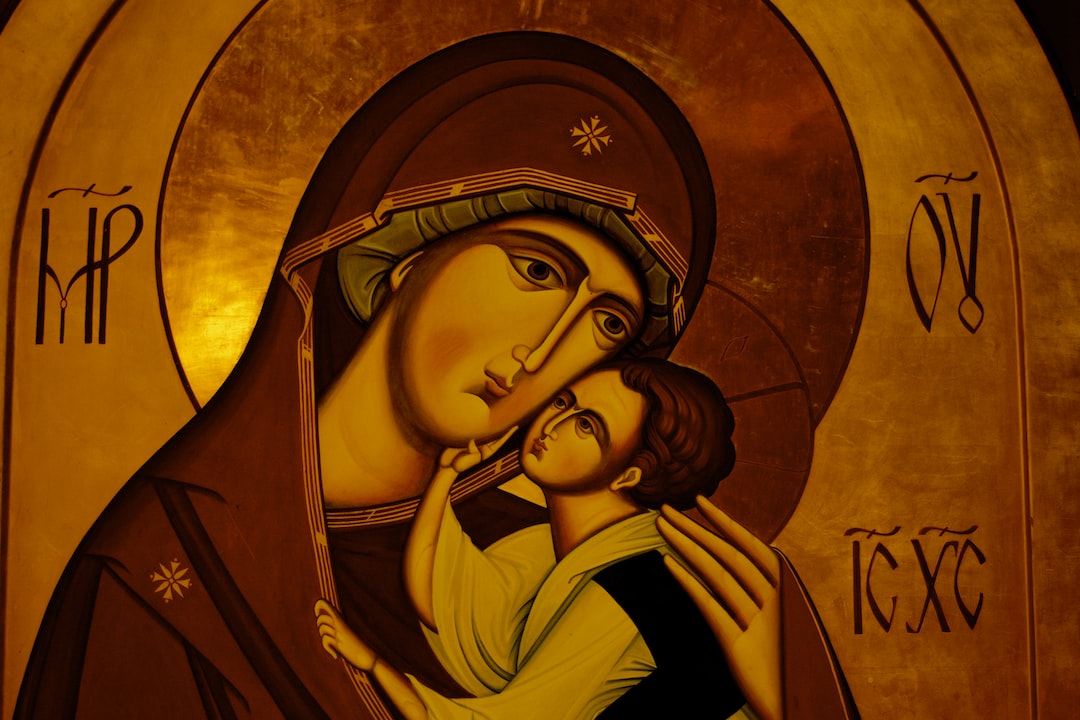The Evolution of Religious Beliefs in Modern Times
Religion has always been an integral part of human history, shaping societies, providing moral guidance, and offering answers to existential questions. However, in modern times, the landscape of religious beliefs has undergone significant transformations. This evolution can be attributed to numerous factors, such as scientific advancements, globalization, and the rise of individualism.
One of the most significant influences on the evolution of religious beliefs is the advent of scientific discoveries and technological advancements. The progress in fields such as biology, cosmology, and archaeology has challenged traditional religious narratives. For example, the theory of evolution has raised questions about the literal interpretation of religious creation stories. Likewise, the discovery of the vastness of the universe and the existence of extraterrestrial life has made some believers question the uniqueness of human beings and God’s role in the universe. As a result, many individuals have sought to reconcile their religious beliefs with scientific principles, leading to the emergence of new interpretations and spiritualities.
Globalization, as a result of increased connectivity and mobility, has also played a crucial role in shaping religious beliefs. People now have access to diverse cultures and faiths, which has led to a blending and sharing of religious practices and beliefs. This has resulted in the rise of syncretism, where individuals incorporate elements from multiple religions into their personal beliefs. Moreover, the interaction between different religious communities has fostered dialogue and understanding, leading to the emergence of more inclusive and tolerant religious outlooks.
Another important aspect that characterizes the evolution of religious beliefs in modern times is the rise of individualism. As societies have become more secularized, individuals have grown less reliant on traditional religious institutions for guidance and moral frameworks. This shift has led to the rise of spiritual but not religious individuals who prefer to construct their own belief systems based on personal experiences and values. Additionally, increasing individualism has led to the diversification of religious practices, with the growth of alternative spiritualities, such as mindfulness, yoga, and meditation, which are focused on personal growth and well-being.
In conclusion, the evolution of religious beliefs in modern times is a complex and multifaceted process. Scientific discoveries, globalization, and individualism have all played significant roles in shaping the way people understand and practice their faith. Rather than replacing existing religious traditions, these factors have fostered new interpretations, syncretism, and the emergence of alternative spiritualities. As society continues to evolve, it is likely that religious beliefs will continue to adapt and transform, reflecting the changing needs and values of individuals in a rapidly changing world.

